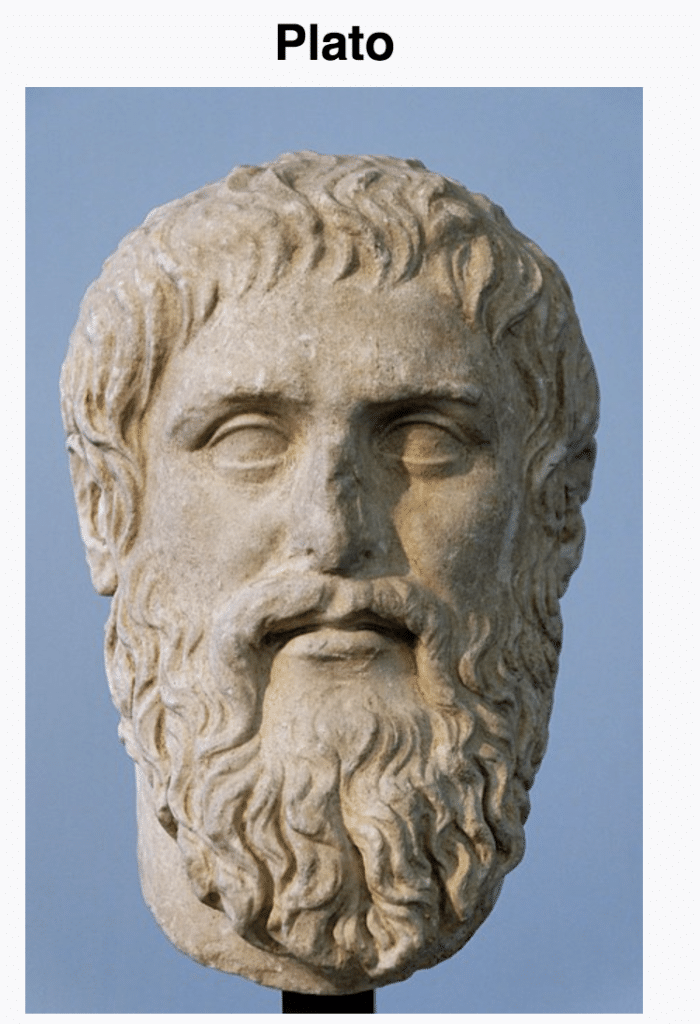
The greatest asset of a highly intelligent person is also their greatest liability–their difference from the rest of humanity. We live in a world where most people travel in a circular orbit around a center that we call “average” or “normal.” Most people are drawn to the consensus of the tribes to which they belong, because they don’t feel confident enough in their intelligence to deviate dramatically from the norms.
Highly intelligent people, on the other hand, aware of their intellectual powers, form their opinions independent of others, relying on their own observations and challenging accepted beliefs. Such people orbit in eccentric trajectories around a focus located outside the center of the normalcy. They see the world differently from the average and are sometimes perceived as “weird.” However, this is the difference that enables them to make a difference. Jobs, Bezos, and Musk continued to have social conflicts throughout their careers as they founded companies, yet driven by their visions, they were able to change the world. Their personal lives were often fraught with the discord that one might expect from behaviours that are seen as eccentric.
However, it is these highly intelligent people, who create new paradigms, new cures for disease, and new technologies that serve us all. If they cannot escape the persecution they suffer for their difference, they may be said to have “too much intelligence.” However, if they can transcend the social resistance, and achieve their goals, we may conclude that their high intelligence was not a liability.
Yet, an insidious threat facing those of high intelligence is what Edward de Bono called “the intelligence trap.” Those who have a high IQ are accustomed to being right when most others are wrong–especially in their area of expertise. For this reason, they may tend to dismiss the opinions of others, even when outside their domain of expertise. However, a high IQ is not a valid substitute for knowledge, and those of high IQ who assume that superiority in their field transfers into areas outside their expertise often override the opinions of others who are more knowledgable. Indian astrophysicist Subrahmanyan Chandrasekhar, who won the Nobel Prize in 1983 described how a scientist may fall into this cognitive trap: ( Quote from Hammond, A. L. 1984. A Passion to Know: Twenty Profiles in Science . New York: Scribner. p.5.)
These people [winners of prestigious awards] imagine afterward that the fact that they succeeded so triumphantly in one area means they have a special way of looking at science that must be right. But science doesn’t permit that. Nature has shown over and over again that the kinds of truth which underlie nature transcend the most powerful minds.
This condition, described by Chandrasekhar, has been facetiously termed, “Nobel’s Disease.” The antidote to this affliction is to achieve the humility that comes from recognizing personal fallibility. Our perceptions and attributions, no matter how intelligent we are, will be wrong on numerous occasions and we must strive to find and correct our misperceptions. This recognition constitutes a major portion of what we call “wisdom.” If a person can escape “the intelligence trap,” and reach this “Holy Grail” of enlightened intelligence, they may be seen as brilliant but not possessing of too much intelligence.
